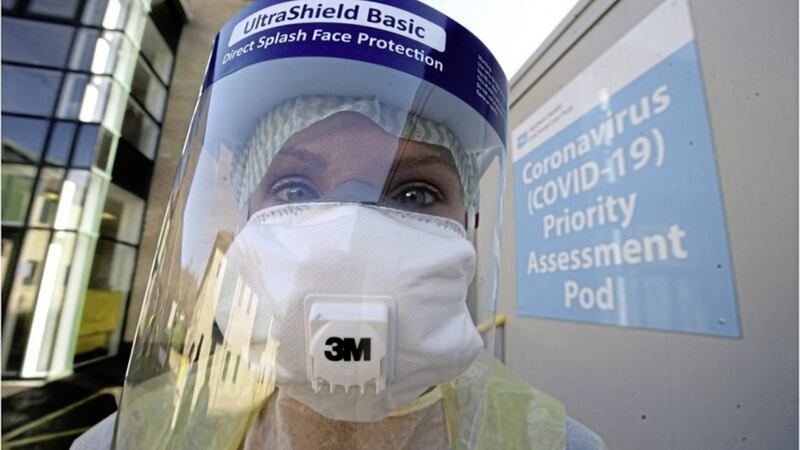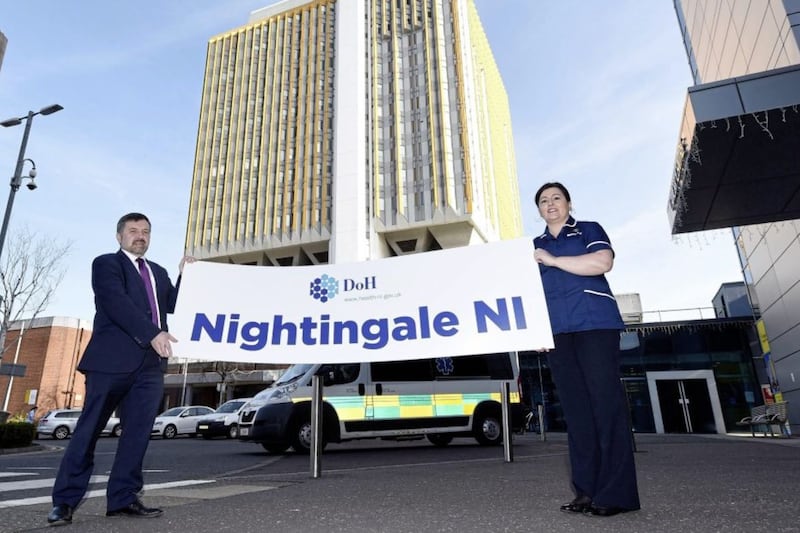THIS place is like the Mary Celeste.
That's how one high-ranking health service whistleblower yesterday referred to Northern Ireland's Nightingale based at Belfast City Hospital.
The landmark yellow tower block was re-designated as the specialist coronavirus facility during the first surge and while it is equipped with appropriate ICU beds, there aren't enough staff - namely nurses.
Extraordinary photos of boxes piled high and intravenous drips dangling on trolleys in a former ward give a sense of how deserted one of the the north's busiest hospitals has become - and the despair of senior staff driven to leak them.
While other parts of the NHS have been hit with similar staffing problems in Nightingales, what is unique to Northern Ireland is the catastrophic impact on non-Covid patients with the cancellation of multiple operations previously carried out at 'the City'.
Gynae, dermatology and urology procedures were among those carried out in the Belfast hospital, which has become a 'world leader' in live organ kidney transplants.
However, due to the redeployment of theatre nurses and surgeons during the second coronavirus wave, many of these potentially life-saving procedures have been suspended.
Nursing trade union leader Pat Cullen points out today that it's "business as usual" in the Republic and in England in relation to 'elective' or planned surgeries.
The north's starting point going into this pandemic was also severely affected by dire nursing shortages that led to historic strike action at the beginning of the year.
Those workforce shortages didn't happen overnight and can be traced back to over a decade ago when the Department of Health began slashing the number of university student nursing places as part of "efficiency savings" - a practice that continued under successive ministers until Sinn Féin's Michelle O'Neill reversed the trend.
By that point, the damage was done, along with nurses leaving the north in their droves due to poor pay conditions.
The emergence of the pandemic created the tipping point for where we are now.
As the economy prepares for a more stringent lockdown, planning and communication with those on the frontline in the difficult weeks ahead has never been more critical.








